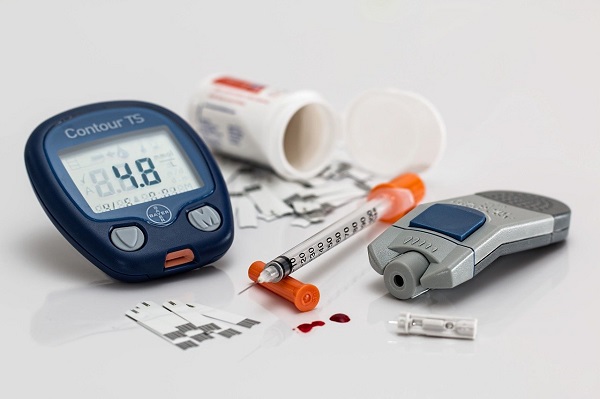The editorial suggests that like a new medicine or vaccine, the safety, clinical and cost-effectiveness of rapid point-of-care tests should be investigated in carefully conducted clinical trials before they are introduced into widespread use.
Co-author Professor Alastair Hay, said: “Rapid point-of-care tests are attractive, because traditional laboratory methods take hours to days, often too long for clinical decision making. They can deliver results in less than one hour, so what’s not to like?
“The main issue is we do not understand if they are accurate enough, effective enough or cost-effective enough to merit widespread introduction. This is not a problem, because accuracy, effectiveness and cost-effectiveness can be investigated – just as we would a new medicine or vaccine.
“Rapid point-of-care tests have been advocated as key to future antimicrobial stewardship – a way of decreasing the diagnostic uncertainty which has been shown to be a leading cause of antibiotic overprescribing.
“There is great potential for these tests to be an important part of the armory in the fight against antimicrobial resistance, but we have a responsibility to ensure that they are safe and reliable before investing large sums of public money in their use.”
Read the editorial: Point-of-care testing for respiratory infections during and after COVID-19 by Hannah Thornton, Tanzeela Khalid and Alastair D Hay. Published in British Journal of General Practice. 17 November 2020.
Listen to the BJGP podcast - a more in-depth discussion about the issues raised in the BJGP editorial with Professor Alastair Hay.
World Antimicrobial Awareness Week (WHO-led), which this year is 18-24 November.
